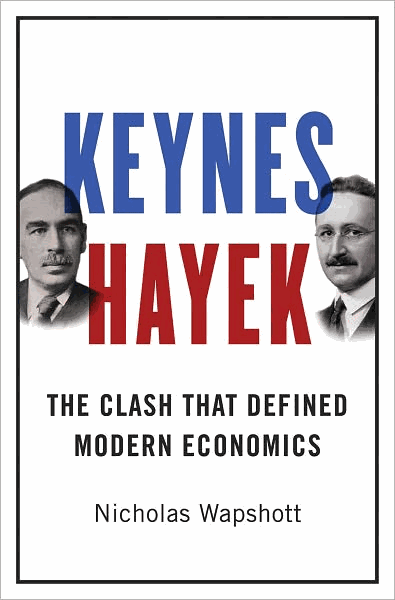The study of economics does not seem to require any specialised gifts of an unusually high order. Is it not, intellectually regarded, a very easy subject compared with the higher branches of philosophy and pure science? Yet good, or even competent, economists are the rarest of birds. An easy subject, at which very few excel! — John Maynard Keynes
I came across this gem at Brad Delong’s website, where he is having a dialog with Paul Krugman about the use of graphs in Econ 101, and specifically whether Production Possibilities and Edgeworth Boxes should be introduced at the introductory level.
This is certainly a conversation we are having on our floor. I think we generally introduce PPFs, but not the Edgeworth Boxes in our introductory courses, and our Econ 300 students get the Ysidro Edgeworth treatment. I guess I’m all ears if you have thoughts on the topic.
As for the more obnoxious point that economics is a seemingly lightweight subject that few are good at, huh. Keynes continues:
The paradox finds its explanation, perhaps, in that the master-economist must possess a rare combination of gifts. He must reach a high standard in several different directions and must combine talents not often found together. He must be mathematician, historian, statesman, philosopher-in some degree. He must understand symbols and speak in words. He must contemplate the particular in terms of the general, and touch abstract and concrete in the same flight of thought. He must study the present in the light of the past for the purposes of the future.
That’s from his obituary for Alfred Marshall, author of the incredible Principles of Economics, the profession’s first textbook, and namesake of Marshallian Demand! Truly a pioneer and an intellectual giant, regardless of what Keynes says here.
It’s nice to see someone say something nice about economists, even it if is an economist, and even if it was 90 years ago.
 John Maynard Keynes is the father of modern macroeconomics, and Keynesian economics and the welfare state have been inextricably linked in the public mind since the postwar era. Indeed, he is widely believed to have provided the analytical, economic underpinnings for the welfare state. Bradley Bateman, a recognized scholar of Keynsian thought, examines Keynes’s contributions with the backdrop of the recent financial calamities and the widespread fiscal crises of state and national governments.
John Maynard Keynes is the father of modern macroeconomics, and Keynesian economics and the welfare state have been inextricably linked in the public mind since the postwar era. Indeed, he is widely believed to have provided the analytical, economic underpinnings for the welfare state. Bradley Bateman, a recognized scholar of Keynsian thought, examines Keynes’s contributions with the backdrop of the recent financial calamities and the widespread fiscal crises of state and national governments. This term’s economics read, DS 391 Keynes Hayek and Other Dead Economists, triumphantly kicks off this Thursday at 3:25 in Steitz 230.
This term’s economics read, DS 391 Keynes Hayek and Other Dead Economists, triumphantly kicks off this Thursday at 3:25 in Steitz 230.